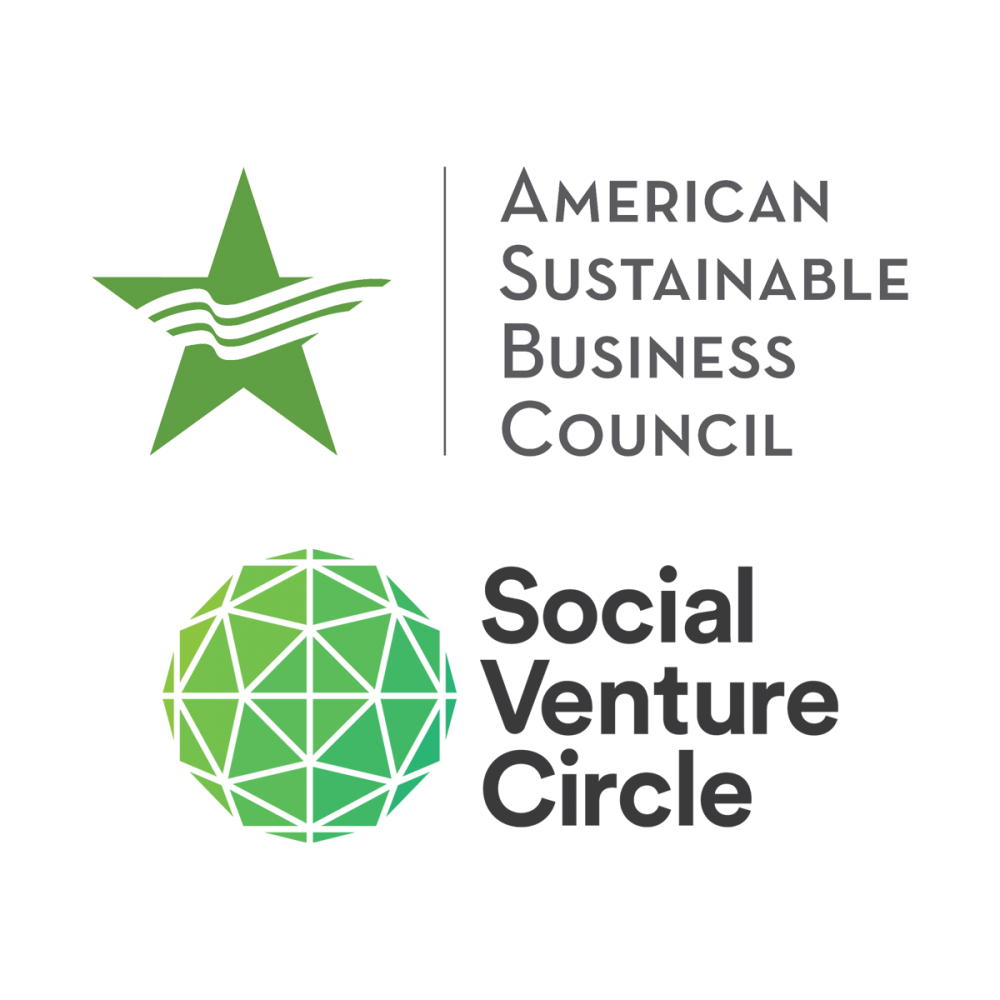
Last month the American Sustainable Business Council (ASBC) and Social Venture Circle (SVC) announced that we terminated the membership of and were refunding dues paid by Barclays. This was first-of-its-kind decision for our organizations and one we did not take lightly. This resulted from Barclays’ decision to participate in a prison financing deal in Alabama, which violates our membership criteria by making investments that perpetuate systemic racism and inequity, instead of driving positive change.
Barclays may have viewed their role as underwriting the deal as separate from their direct investment in the prison construction or operations; nevertheless, for us, our membership, and the values on which we advocate, we did not distinguish the difference as meaningful. Regardless of any distinction, the outcome of the deal was to be more investment in an unjust incarceration system. Meanwhile, we advocate for investment and policies to support investment in a more healthy, just, and equitable society. We could not reconcile the two. Decisions of this sort are among the most difficult that any membership organization ever has to make, especially when it involves such a high-profile member.
As pro-business organizations representing tens of thousands of businesses, business organizations, and others, we focused on using the moment to encourage business leaders and investors to rally in their support encouraging Barclays to pull out of the deal. Leading a group of impact investors, coordinated by Christina Hollenback, Founder & Principal of Justice Capital, a loud chorus of social justice advocates called on investors to refuse to purchase the $630 million taxable municipal bond offering by the Alabama Department of Corrections through the Wisconsin Public Finance Authority.
Barclays then announced it was pulling out of the deal. “We have advised our client that we are no longer participating in the transaction intended to provide financing for correctional facilities in the State of Alabama,” Barclays said Monday through a spokesman in an emailed statement. “While our objective was to enable the State to improve its facilities, we recognize that this is a complex and important issue. In light of the feedback that we have heard, we will continue to review our policies.”
ASBC and SVC in turn released a statement in support of the Barclays decision, including many comments of support from members and coalition partners. Critical to the process was ASBC and SVC’s offer to Barclays senior management to discuss our decision and offer advice and support on developing processes that might help avoid such conflicts in the future. Our sincere hope is that if they chose to pursue rejoining, we will have a constructive dialogue moving forward. The finance industry has more to gain from investments in a just, equitable, and sustainable society and economy.
Our goal is to work collaboratively with all companies, including large financial institutions, to develop better leadership practices in the areas of responsible and sustainable business. Our role is to change the rules of business for a better societal outcome. We encourage changes in a positive and constructive manner that helps businesses channel their investment in a just and sustainable stakeholder economy that leaves nobody behind. No business is perfect and the goal of ASBC and SVC’s work is to lead the way for those committed to accelerate progress.
Image credit: Patrick Hendry/Unsplash

Jeffrey Hollender is CEO, co-founder and Board Chair of the American Sustainable Business Council and is the co-founder and former CEO of Seventh Generation. Jeffrey is also an Adjunct Professor of sustainability and social entrepreneurship at the Stern Business School, New York University.
Isaac Graves joined Social Venture Circle, a 34-year-old nonprofit, in 2014, that exists to catalyze the "NEXT Economy". He currently serves as SVC's interim executive director.














